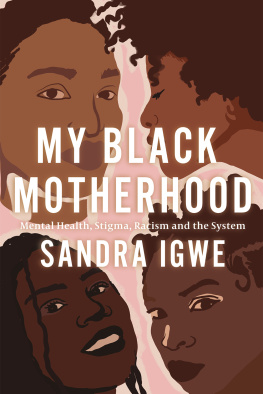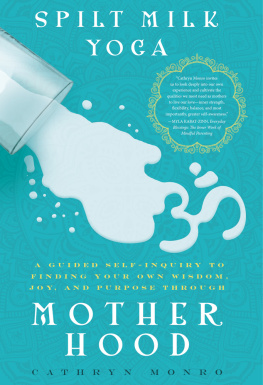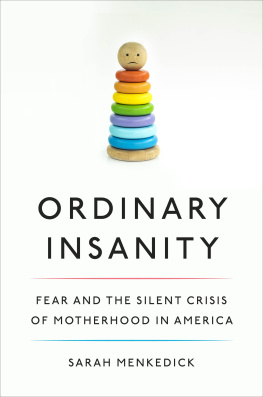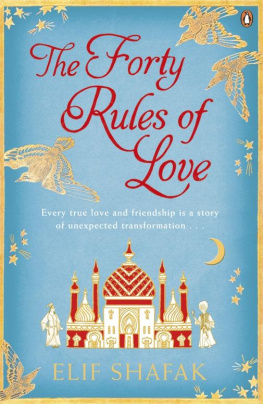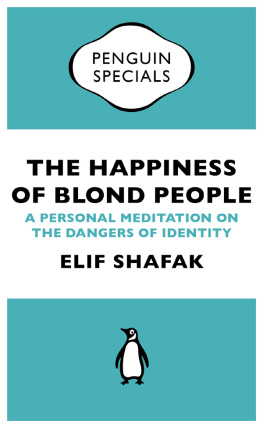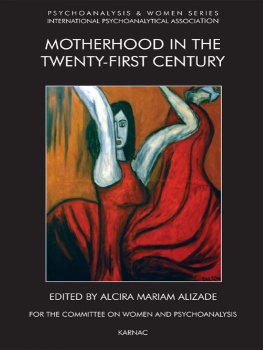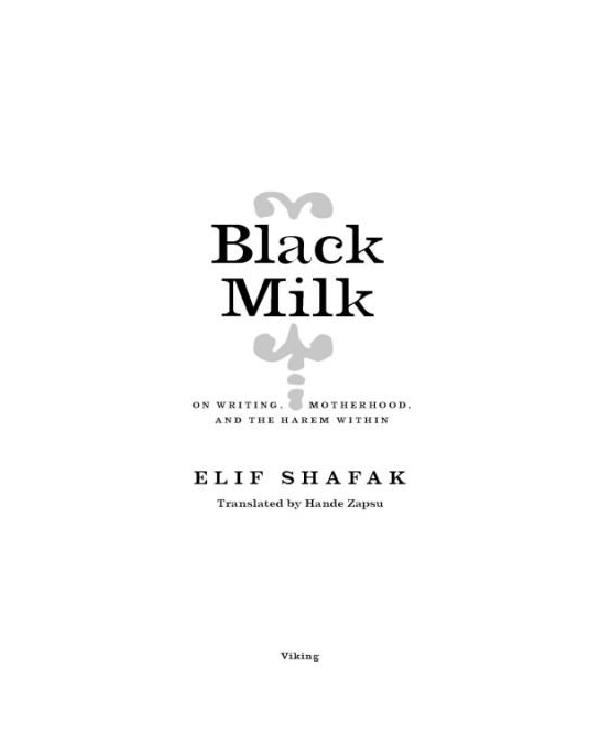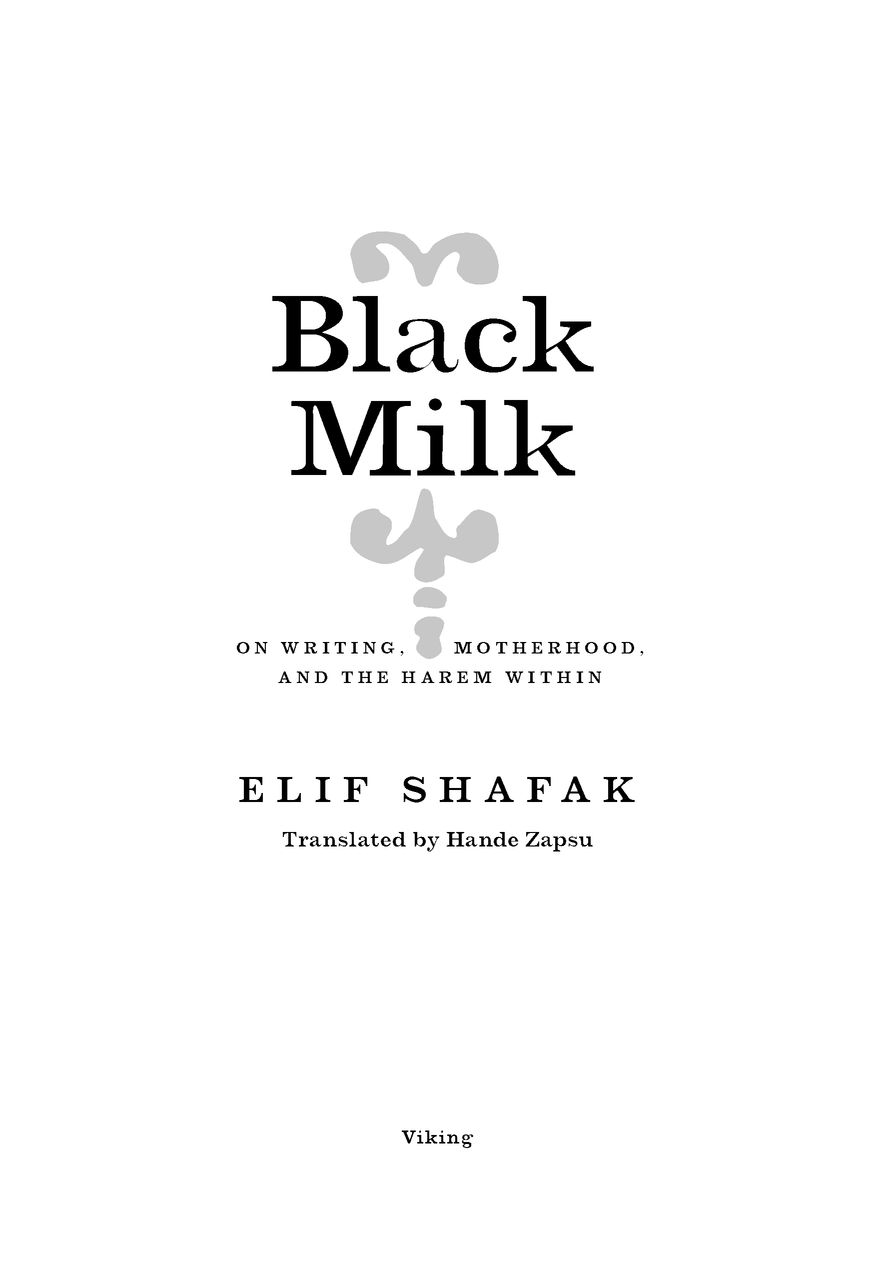Table of Contents
ALSO BY ELIF SHAFAK
The Forty Rules of Love
The Bastard of Istanbul
The Saint of Incipient Insanities
The Gaze
The Flea Palace
VIKING
Published by the Penguin Group
Penguin Group (USA) Inc., 375 Hudson Street, New York, New York 10014, U.S.A.
Penguin Group (Canada), 90 Eglinton Avenue East, Suite 700, Toronto, Ontario, Canada M4P 2Y3 (a division of Pearson Penguin Canada Inc.) Penguin Books Ltd, 80 Strand,London WC2R 0RL, England
Penguin Ireland, 25 St. Stephens Green, Dublin 2, Ireland (a division of Penguin Books Ltd)
Penguin Books Australia Ltd, 250 Camberwell Road, Camberwell, Victoria 3124, Australia (a division of Pearson Australia Group Pty Ltd)
Penguin Books India Pvt Ltd, 11 Community Centre, Panchsheel Park, New Delhi110017, India Penguin Group (NZ), 67 Apollo Drive, Rosedale, Auckland 0632, New Zealand (a division of Pearson New Zealand Ltd) Penguin Books (South Africa) (Pty) Ltd, 24 Sturdee Avenue, Rosebank, Johannesburg 2196, South Africa
Penguin Books Ltd, Registered Offices:
80 Strand, London WC2R 0RL, England
First published in 2011 by Viking Penguin,
a member of Penguin Group (USA) Inc.
Copyright Elif Shafak, 2007
Translation copyright Penguin Group (USA) Inc., 2011
All rights reserved
Originally published in Turkish as Siyah Sut by Dogan Egmont Yayincilik ve Yapimcilik Tic, A.S., Istanbul.
Library of Congress Cataloging-in-Publication Data
Shafak, Elif, 1971
Black milk : on writing, motherhood, and the harem within / Elif Shafak ; translated by Hande Zapsu.
p. cm.
eISBN : 978-1-101-51410-8
1. Shafak, Elif, 19712. Authors, Turkish21st centuryBiography. I. Zapsu, Hande, 1983II. Title.
PL248.S474Z46 2011
894'.3534dc22
[B] 2010045818
Without limiting the rights under copyright reserved above, no part of this publication may be reproduced, stored in or introduced into a retrieval system, or transmitted, in any form or by any means (electronic, mechanical, photocopying, recording or otherwise), without the prior written permission of both the copyright owner and the above publisher of this book.
The scanning, uploading, and distribution of this book via the Internet or via any other means without the permission of the publisher is illegal and punishable by law. Please purchase only authorized electronic editions and do not participate in or encourage electronic piracy of copyrightable materials. Your support of the authors rights is appreciated.
Penguin is committed to publishing works of quality and integrity. In that spirit, we are proud to offer this book to our readers; however, the story, the experiences, and the words are the authors alone.
http://us.penguingroup.com
For three females,
Beyza, Aurora and Zelda
For seventy years I have been steadily lowering and lowering my opinion of women, and I must still lower it more. The woman question! How could there not be a woman question! Only not about how women should control life, but how they should stop ruining it.
Tolstoy the Misogynist
The goal of our life should not be to find joy in marriage, but to bring more love and truth into the world. We marry to assist each other in this task.
Tolstoy the Feminist
I feel great tenderness for her [his daughter Masha]. Her only. She makes up for the others, I might say.
Tolstoy again
Note to the Reader
I was in Istanbul when the earthquake hit in 1999. At the time I lived in one of the most vibrant and diverse neighborhoods in the city, where the quality of houses varied as widely as the stories of the people who inhabited them. When I ran out of the building with everyone else at three in the morning amid shouts and screams, I saw something that stopped me in my tracks. Across the street was the local grocera grumpy old man who didnt sell alcohol and didnt speak to marginalssitting next to a transvestite with a long, black wig and mascara running down her cheeks. I watched the man open up a pack of cigarettes, his hands shaking, his face as white as a ghost, and offer one to her. That was, and still is, the image of that night that has stayed most entrenched in my mind: a conservative grocer and a crying transvestite smoking side by side. In the face of disaster and death, our mundane differences evaporated and we were all One, even if for only a few hours.
But I have always believed that stories, too, have a similar effect on us. I am not saying that fiction has the magnitude of an earthquake, but when we are inside a good novel we leave our cozy, small apartments behind and, through fictional characters, find ourselves getting to know people we had never met before, and perhaps had even disliked as our Others.
Years later I would recall that night in a completely different context: After the birth of my first child I experienced a strong depression that separated me from the one passion in life that until then I had held above everything: writing fiction.
It was an emotional tremor for me. When I ran out of the building of the Self that I had carefully constructed all those years, there in the darkness, scared and shaken, I encountered a group of Thumbelinassix tiny finger-women, each of whom looked like a different version of mesitting side by side. I knew four of them already. The two others I was meeting for the first time. I understood that if it werent for the extraordinary situation of my postpartum depression, I would have never seen them in a new light, and they would have kept living in my body and soul without ever listening to one another, like neighbors who share the same air but never a peaceful greeting.
Perhaps all women live with a mini harem inside and the discrepancy, tension and hard-achieved harmony among our conflicting selves is what really makes us ourselves.
It took me a while to get to know and love all of the six Thumbelinas.
This book is the story of how I faced my inner diversity and then learned to be One.
I am a writer.
I am a nomad.
I am a cosmopolite.
I am a lover of Sufism.
I am a pacifist.
I am a vegetarian and I am a woman, more or less in that order.
That is how I would have defined myself until I reached the age of thirty-five.
Up to that moment, first and foremost I saw myself as a teller of tales. Once upon a time, people like me shared their stories around a campfire, under a sky so wide you could never be sure where it ended, if it ever did. In Paris, they scraped together the rent by writing for newspapers. In the palace of a despotic sultan each story earned them the right to live one more day. Be it the Anonymous Narrator, Balzac or the beautiful Shehrazat, I felt connected to those storytellers of old. The truth is, like many other novelists, I felt closer to dead writers than to contemporary ones, and perhaps related more easily to imaginary people than to those who were realwell, too real.
That was how I lived. That was how I planned to go on living. But then something totally unexpected, miraculous and bewildering happened to me: motherhood.


